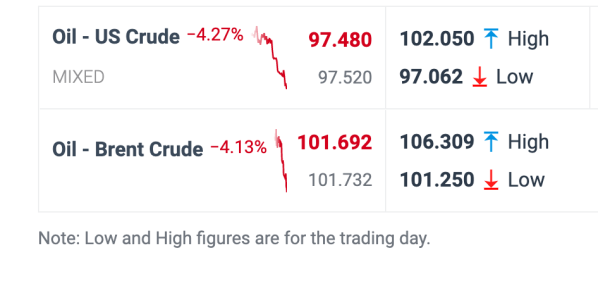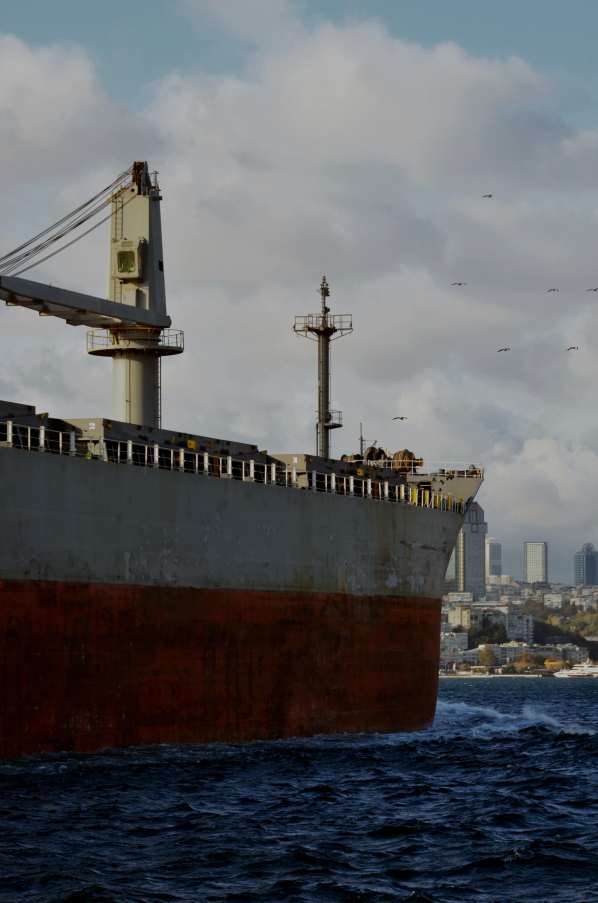
<WikiFX Malaysia Original – Editor: Fion>
As of writing on the afternoon of 25th April, oil prices extended their decline. The U.S. crude oil broke below the $100 mark while the brent oil is fighting to remain above $101. This price drop is due to the slowing down of global economy, rising interest rates, and the prospect that the Covid-19 would continue to affect demand levels.

Meanwhile, a new topic to watch out for currently is that some countries in Europe are suspected of buying oil from Russia despite its imposed sanctions. The paradoxical scenario here is that while the European Union plans to further tighten its energy ban on Russia, it looks like Russian oil exports to EU countries have also been rebounding secretly.
On the 22nd of April, the Wall Street Journal reported that Russia has recently increased its oil shipments to its main customer, the European Union. In recent weeks, the Netherlands, Greece and other European countries have also been purchasing more of the Russian oil in the month of April.

It is reported that oil purchases were shipped from Russian ports to “unknown destinations” with more than 11.1 million barrels of oil loaded onto tankers with no specified route. According to TankerTrackers.com, a website that tracks and reports shipments of crude oil in several geographical and geopolitical points of interest, oil exports from Russian ports to EU member states have risen to an average of 1.6 million barrels per day in April, compared to an average of 1.3 million barrels per day in March.
The reason behind this could be that Western energy companies and oil brokers desperately need oil to keep their economies afloat and prevent fuel prices from further pushing up inflation figures that have already surpassed historical peaks. However, due to those sanctions imposed on Russia by the European Union, they had no choice but to “trade quietly”. The concern right now is that should this situation further continue, there could be a rise of an opaque market.
Morgan Stanley raised its estimate for Brent oil prices in the third quarter by $10 to $130 a barrel, citing a “widening supply gap” this year due to reduced supply from Russia and Iran, which could outweigh the impact of short-term demand disruptions.
A Morgan Stanley report dated April 21 said, “Oil markets are struggling with downward revisions to GDP and the massive release of strategic oil reserves.” Moreover, Morgan Stanley sees a shortfall of about 1 million barrels per day lasting until the end of 2022, as deteriorating interest in buying Russian oil and a lack of progress in reviving the Iran nuclear deal could exacerbate supply problems. The bank also lowered its oil demand growth forecast to 2.7 million barrels per day from 3.4 million barrels per day.
<WikiFX Malaysia Original – Editor: Fion>



